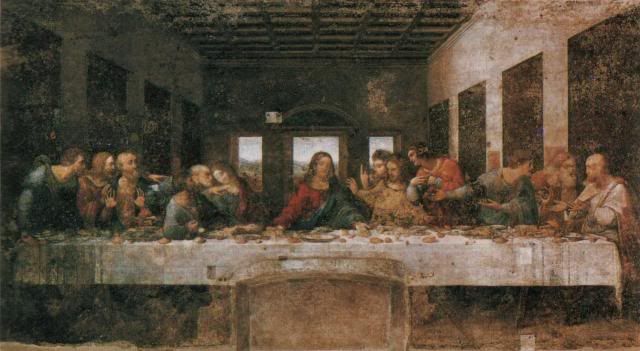A History of Future Cities by Daniel Brook
This book is a history of four cities: St. Petersburg (also in its Leningrad incarnation), Shanghai, Dubai, and Mumbai (in its Bombay incarnation).
The two cities that I found to be the most interesting were St. Petersburg and Shanghai. Both cities were founded by the imposition of the Western Enlightenment and its subsequent desire for trade with other cultures, the curiosity with other cultures, and the exploitation of a native culture for its own betterment and the West's.
Peter the Great, the Russian Czar, thought that he could import the Western Enlightenment into Russia by laying the groundwork of St. Petersburg. The mix of Western Culture and Russian Culture, after he wrested the area from the Swedish crown, would lead to a High Russian Culture that would rival and overtake the Enlightenment of Western Europe. All the good would flow to Russia, because that is the way the autocrat, Peter, wanted it. But, oh the Other People and the Little People, they don't know that they must serve the Autocrat not themselves. They will go and order things the way that they want them to be, not the way that their Betters Know That They Should Be. This problem persists in the World today.
Shanghai was also founded by a Briton who wanted to trade with the Chinese Empire. Britain had manufactured goods that needed markets preferably in China. The Chinese Emperor gave the land for the barbarians to use as their trading city, but then the Emperor refused to trade because the Europeans had nothing that the Chinese wanted according to the Emperor. Except for Opium from the British Indian Empire, the Chinese were willing to take some of that good stuff. In order to obtain the silks and lacquers and porcelain and art of the Chinese, Europeans only had, by the decree of the Chinese Emperor, Opium to trade. Hence the Opium War, a shameful war by all accounts on all sides.
Whereas Peter the Great made a city for the expansion of Culture and Trade, the Chinese Emperor made Shanghai to contain and contract the meeting of Cultures. It didn't work out well for either man's goals.
No Easy Day: An Autobiography of a Navy Seal: The First Hand Account of the Mission That Killed Osama Bin Laden by Mark Owen
I saw
Zero Dark Thirty and wondered about the accuracy of the last part of the movie, so I read this book. The movie and book pretty much follow each other in the raid.
The rest of the book is about how Mr. Owen became a Navy Seal and what his training consisted of. The rest of the movie is about the wanderings in the Torture Desert of Moral Ambiguity to find the Devil. Both parts of those stories depend upon what the reader or viewer is really interested in.
The Iron King by Maurice Druon
Philip IV the Fair was the King of France in the later part of the thirteenth century. He decided that being a Temporal King was no great challenge and he went after the Papacy too. He made up his own Pope and then went after the wealth of the Templar Knights who ran the Crusades and financed many shenanigans throughout Europe.
Philip broke the Templar Knights (they are the ones that
The Maltese Falcon belonged to) but didn't get anymore satisfaction out of it than did the Fat Man and Sam Spade. The head of the Templar Knights cursed Philip the Fair and his progeny to the thirteenth generation as he burned at the stake. And it appeared that the Curse did some Good or Bad as it was intended.
Philip the Fair died soon afterwards and his children and their children fell on hard ruling times and
the Hundred Years War. The French ruling family, the Capets, died out. The Valois branch took over. The British ruling family of the Plantagenets (who were connected to the French Capets through intermarriage) fell apart and began the
Wars of the Roses which gave Shakespeare the basis for his History Plays.
The book has a couple of subplots about a scheming knight and an Italian Banking House that were interesting sporadically. I usually just skimmed those parts. The royals are the interesting stinkers in this book.
Dorothy Dunnett's
The Lymond Chronicles is a better written set of books about the mid-sixteenth century that gives intimate details of the history and culture and customs of Europe. It helps to know French and Latin for her books, although one can get by just fine without them. Mr. Druon doesn't have the depth of research nor gives the historical details that Miss Dunnett does, but he is a quick read.
